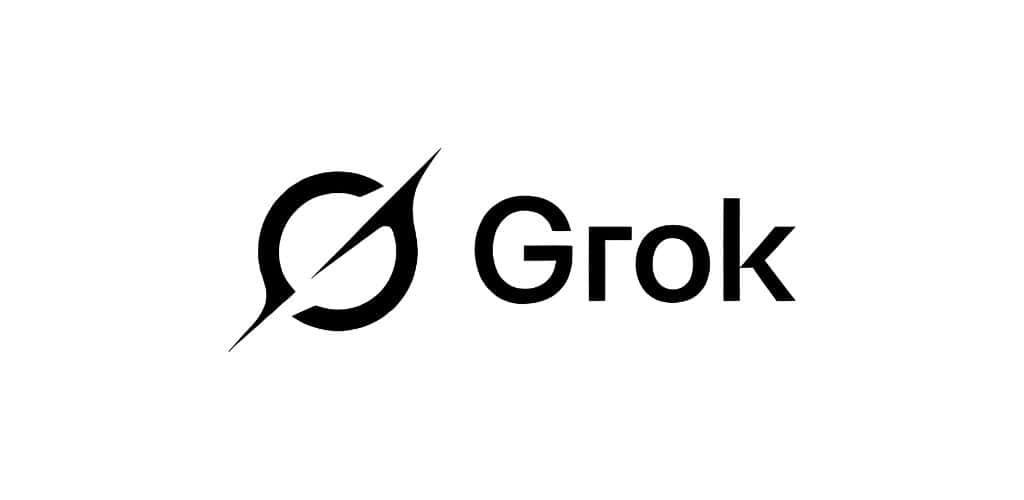Elon Musk is again involved in a trademark dispute over one of his product names.
xAI, his artificial intelligence company, sought to register the trademark for the name “Grok” – the company’s generative AI (GAI) tool, used on the X social platform formerly known as Twitter.
On the xAI website, the company claims:
xAI, the developer of Grok, owns trademark rights, intellectual property rights, and branding rights in “xAI” and “Grok”, combinations of those terms, and logos.
When work is published that was generated by Grok, users are asked to label it “Written with Grok” or “Created with Grok.”
However, if you ask Grok who owns the trademark for “Grok,” this is its response:
The ownership of the trademark “Grok” is currently a matter of dispute and complexity, with multiple parties involved.
As Wired reported, the US Patent and Trademark Office (USPTO) suspended the trademark application as of February 18 on the grounds that the name could be confused with that of two other companies, AI chipmaker Groq and software provider Grokstream.
Now, a third tech startup called Bizly also claims to own the name “Grok.”
As Wired notes,
This isn’t the first time Musk has chosen a name for one of his products that other companies say they trademarked first. Last month, Musk’s social media platform settled a lawsuit brought by a marketing firm that claimed it owns exclusive rights to the name X.
The founder of Bizly, Ron Shah, said he came up with the name “Grok” during a brainstorming session with a colleague who used the name as a verb meaning “to understand.”
Musk says he named HIS Grok after a word invented in the 1961 science fiction novel Stranger in a Strange Land by Robert Heinlein.
In Heinlein’s novel, “grok” is a Martian term that means not just to understand others but to empathize so deeply with others that you merge or blend with them.
The term has thus entered English vocabulary – at least in some circles.
Shah said he applied for the Grok trademark in 2021. Two years later, he was involved in launching an AI-powered asynchronous meeting app, at the cost of $2 million, when Musk announced his Grok chatbot.
(Wired notes that Musk’s former partner, the Canadian singer/songwriter known professionally as Grimes, also obtained a Grok trademark for an AI-powered plush toy.)
There are actually 2,841 results for “grok” in the USPTO trademark database, though many are dead, cancelled, or abandoned.
In order to register the name “Grok” in connection with its business, Bizly has two options.
It can show that the name is being used to sell goods or services in at least two states. This is called “use in commerce.”
Or it can show that the company has a bona fide intent to use the name in commerce within three to four years. This is called “intent to use.”
As the USPTO notes,
Although you can apply to register your trademark with an intent-to-use basis, you cannot actually register your trademark until you show that you’ve started using it in commerce and you file the proper TEAS form.
(“TEAS” stands for the “Trademark Electronic Filing System.”)
When Musk announced HIS Grok, Shah said Bizly’s version was still in beta and conducting a pilot with Carta, the financial services firm. However, Shah said a fundraising round fell through due to concern about the Grok trademark.
Now, Wired reports that Bizly is on the brink of shutting down. Shah said he needs money in order for his company to survive but hasn’t yet sent a demand letter to xAI.
“Who am I to go legal with the richest man in the world?” he reportedly asked.
As Wired notes,
Neuralink, Musk’s brain-implant company, has also stepped into potentially thorny naming territory. The startup recently applied to trademark the names “Telepathy” and “Telekinesis,” WIRED previously reported. But words that describe a feature of a product or service, like telepathy, cannot typically be trademarked. Neuralink’s applications are still pending review by the USPTO.
Just like the haiku above, we like to keep our posts short and sweet. Hopefully, you found this bite-sized information helpful. If you would like more information, please do not hesitate to contact us here: https://aeonlaw.com/contact-us/.


